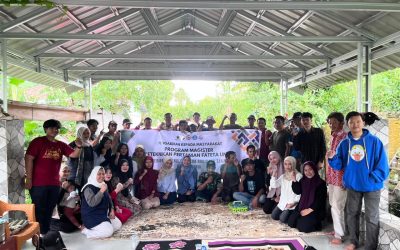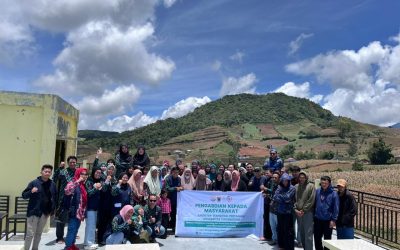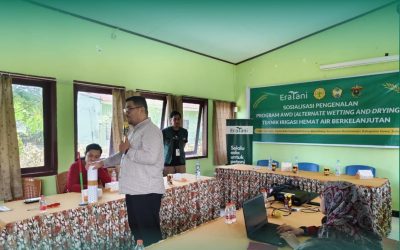Quantitative Analysis has become the essence of the educational process in the Agricultural Engineering Study Program (PSTP). A strong emphasis on such analysis is believed to be a crucial foundation for logical and analytical thinking, as well as the development of problem-solving skills. This belief has been ingrained since the establishment of PSTP and greatly influences the curriculum design and teaching-learning strategies employed within PSTP. The entire staff is fully aware of and committed to providing a high-quality learning environment that enables students to unlock their full potential in quantitative analysis. A student-centered approach has been at the core of this atmosphere. However, the teaching approach should not be neglected, especially for fundamental courses. A proper combination of teaching and learning approaches must be employed by each PSTP staff member to ensure effectiveness in the teaching-learning process. Exposing students to theoretical concepts/principles, laboratory and field experiments to provide direct experiences, and individual and group assignments will greatly enhance students’ understanding of quantitative analysis. These approaches undoubtedly enhance the readiness of PSTP students to utilize their knowledge and skills both in education and future careers. These principles have become the educational philosophy of PSTP






